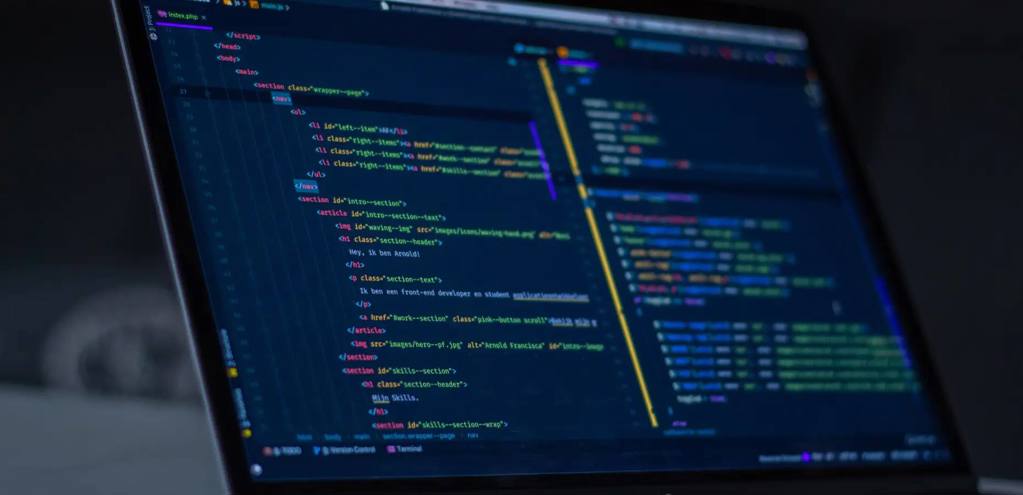Online privacy has become a growing concern amongst digital users. In an age where so many things have gone online, especially due to the COVID-19 pandemic, many are left wondering, “what is being done with our data? Who has access to it? What are the risks that consumers may face if it gets in the wrong hands?”
A 2018 report confirms that while older adults seemingly take online privacy concerns such as data tracking very seriously, younger generations are more concerned about privacy in regards to social media and things explicitly shared from the user’s own fingertips.
“There are times on Snapchat or Instagram that I’m private, however, that doesn’t necessarily mean people who don’t follow me can’t see my information,” said Kyriaki Pambis, a third-year concurrent education student, when asked about her overall knowledge on online privacy. “If someone who follows me has access to my social media, they can show someone who doesn’t, and then there’s always going to be a footprint online, in a sense,” said Pambis.
Students are clearly concerned about their digital presence online in regards to social media. However, other digital privacy concerns pop up, such as online data tracking.
“Honestly, I don’t mind data tracking that much,” said Pambis. “Yes, I know people could take your information and they could sell it, but, what are they going to do with the information, really? I’m one person, I don’t think they’re going to be that concerned with one product that I look at.”
Pambis did note, however, that she does have concern in regards to situations deemed to be more serious. “It’s half-and-half. I’m not going to go out of my way and give out my confidential information or anything like that, but, I don’t care that much when it comes to advertising.”
Many different forms of internet media can be used to track their users. According to Clario, an expert in Internet protection, there are more things that track your activity online than you might expect.
Search engines collect users’ data for “profiling,” which tailors advertisements to a consumer’s specific tastes. Social media is prone to data breaches, with hundreds of millions of users having their personal information leaked by hackers. Apps are designed to learn a lot about us through our phones; in fact, Apple has introduced a feature in which users must determine whether or not they trust third-party apps when they open the application for the first time.
According to an FTC report, COVID-19 has negatively impacted online privacy, with identity theft cases doubling in 2020 from the year prior.
Pambis said that although she used her digital devices a lot more throughout the COVID-19 pandemic, she had never thought about its effects on online privacy. “[Throughout the pandemic,] people were very alone in their houses, and they needed that connection. They didn’t care as much about their privacy,” said Pambis.
There are ways to avoid being detected online. Virtual privacy networks (VPNs) are becoming more commonly used amongst digital users, providing a layer of protection for online consumers against data tracking. But these types of services aren’t free, and more people are not using VPNs compared to those who are. A 2021 study showed that only 41 per cent of adults use a VPN for personal or business reasons.
When asked why younger adults aren’t as concerned about data tracking as older adults, Pambis remarked:
“It’s inevitable… you know it’s going to happen, so we don’t mind it as much because that’s the reality we have to live with. I do understand older generations saying ‘don’t post everything on the Internet.’ I do follow that, in a way.”
Pambis finished by speaking about the importance of each digital consumer in the eyes of the corporate entities tracking their information, “there’s like eight billion people on the earth; I don’t think they’re going to care about you specifically.”
Overall, adults and younger generations have different views about the concept of online privacy and what it means to them. This is often a result of different ideas around where online privacy should begin and end when it comes to social platforms.


